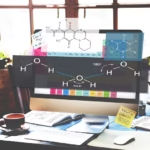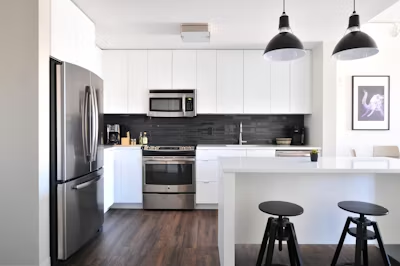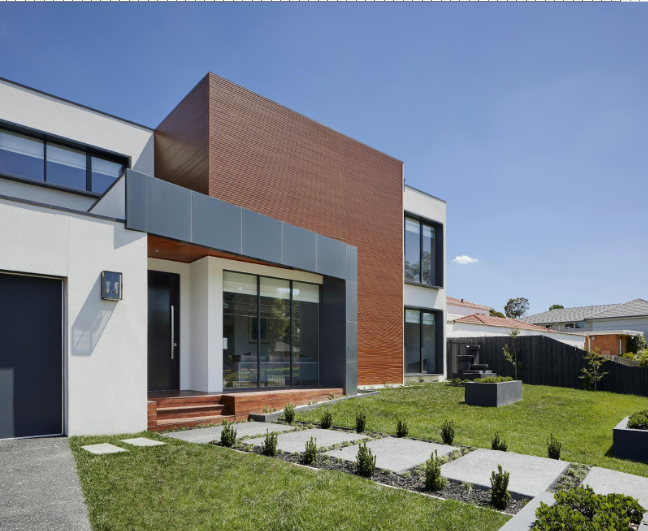A slow-draining kitchen sink is more than just an inconvenience. It’s a sign that something is amiss in your plumbing. For homeowners, understanding the root causes of this common issue can save time, money, and a lot of frustration.
In this listicle, we’ll explore the top six reasons why your kitchen sink might be draining slowly and offer practical tips on how to avoid these problems. By the end, you’ll know how to tackle a slow draining kitchen sink and implement DIY sink unclogging techniques.
Let’s dive in!
- Food Particles and Grease Buildup
One of the most common causes of a slow-draining kitchen sink is the buildup of food particles and grease. Over time, small bits of food and cooking oils can accumulate in the pipes, creating a stubborn clog.
To prevent kitchen sink clogs, avoid pouring grease down the drain, and always use a sink strainer to catch food scraps. Regularly cleaning the strainer and disposing of collected debris in the trash can make a big difference.
- Soap Scum Accumulation
Soap scum might not seem like a significant issue, but it can contribute to slow drainage over time. The residue from dish soap can combine with other substances in the drain, forming a sticky buildup.
To combat this, periodically flush your drain with a mixture of hot water and vinegar. For more stubborn buildup, consider using a drain cleaner specifically designed to dissolve soap scum.
- Foreign Objects in the Drain
It’s surprisingly easy for small objects to find their way into the kitchen sink drain. Items like bottle caps, pieces of plastic, or even jewelry can cause blockages that lead to slow drainage.
To avoid this issue, be mindful of what goes down your sink. Using a drain cover can help catch any foreign objects before they cause a problem.
- Mineral Deposits from Hard Water
Hard water is another culprit that can lead to a slow-draining kitchen sink. The minerals in hard water can accumulate inside the pipes, restricting water flow and causing clogs.
Installing a water softener can help reduce mineral deposits and improve your overall plumbing health. Additionally, regularly cleaning your faucet aerators and showerheads can prevent buildup and maintain optimal water flow.
- Improper Garbage Disposal Use
Many homeowners rely on garbage disposals to handle food waste, but improper use can lead to clogs. Items like potato peels, coffee grounds, and fibrous vegetables can jam the disposal and impede water flow.
To prevent issues, only use your garbage disposal for small amounts of soft food waste. Always run cold water while operating the disposal to help wash away debris.
- Tree Root Infiltration
In some cases, slow drainage might be due to tree roots invading your plumbing system. Tree roots are naturally drawn to the moisture in your pipes, and once they find a way in, they can cause significant blockages.
If you suspect tree root infiltration, it’s best to consult this premier plumbing service in Boise. They can use specialized equipment to identify the problem and recommend the best course of action.
A Slow Draining Kitchen Sink Is Not Something to Ignore
A slow draining kitchen sink might seem like a minor issue, but it can quickly escalate into a major plumbing problem. By being aware of these common causes and taking preventative measures, you can avoid the hassle and expense of dealing with a clogged sink.
Remember, when in doubt, always consult a professional for assistance. Keep your kitchen sink flowing freely – your future self will thank you!
Did you find this article helpful? If so, check out the rest of our site for more.












